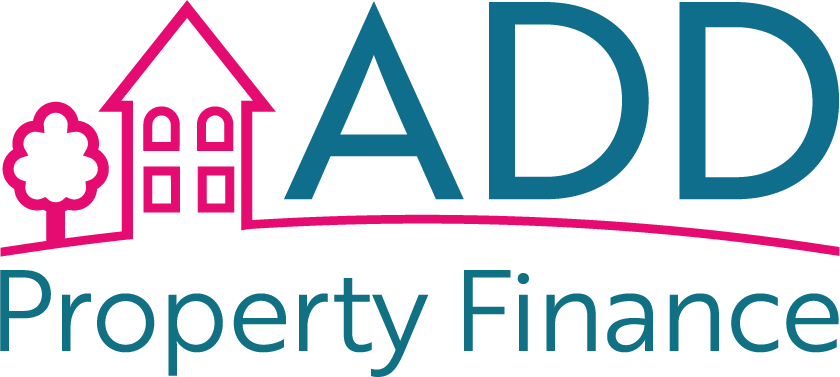In the dynamic landscape of property investment, bridging loans have emerged as a versatile financing tool, providing investors with the means to seize lucrative opportunities swiftly. However, within this realm, two distinct categories exist: regulated and unregulated bridging loans. Understanding the nuances between them is crucial for making informed decisions, safeguarding your investments, and ensuring compliance with UK financial regulations.
Regulated Bridging Loans: A Shield of Protection
Regulated bridging loans fall under the jurisdiction of the Financial Conduct Authority (FCA) and are designed to provide consumer protection. These loans are typically sought for residential properties or properties intended for personal use. One of the key advantages of regulated bridging loans is the extensive regulatory oversight, which offers borrowers certain protections, such as clear terms and conditions, transparent pricing, and recourse in case of disputes.
However, navigating regulated bridging loans requires meticulous attention to detail. Borrowers must ensure compliance with FCA regulations, including affordability assessments and responsible lending practices. Additionally, borrowers should carefully scrutinise the terms of the loan agreement, paying close attention to interest rates, repayment schedules and potential fees. Consulting with an experienced Mortgage Adviser, like ADD Property Finance, can provide invaluable guidance in navigating these complexities and securing the most favourable terms.
Unregulated Bridging Loans: Unleashing Opportunities with Caution
In contrast, unregulated bridging loans operate outside the purview of the FCA and are primarily utilised for commercial purposes or investment properties. While unregulated bridging loans offer greater flexibility and expedited processing, they also entail higher risks for borrowers. Without the protective framework of regulatory oversight, borrowers must exercise caution and conduct thorough due diligence before proceeding with an unregulated bridging loan.
Key considerations for borrowers exploring unregulated bridging loans include assessing the credibility and track record of the lender, scrutinising the terms and conditions of the loan agreement and evaluating the feasibility of the investment project. Additionally, borrowers should be prepared for potentially higher interest rates and fees associated with unregulated loans.
Why Consult with ADD Property Finance?
In the complex landscape of property finance, the expertise and guidance of a seasoned Mortgage Adviser are indispensable. At ADD Property Finance, we possess a wealth of experience in navigating the intricacies of regulated and unregulated bridging loans, helping our clients secure financing solutions tailored to their unique needs and objectives.
By consulting with ADD Property Finance, clients benefit from:
- Expert Advice: We possess comprehensive knowledge of the UK mortgage industry, enabling us to provide personalised advice and tailored solutions.
- Access to Lenders: We maintain extensive networks within the lending community, allowing us to connect our clients with reputable lenders offering competitive terms and rates.
- Regulatory Compliance: We ensure that our clients remain compliant with relevant regulations and guidelines, mitigating risks and safeguarding their investments.
- Streamlined Process: From application to closing, we streamline the loan process, minimising delays and optimising efficiency for our clients.
In conclusion, whether exploring regulated or unregulated bridging loans, the guidance of a trusted Mortgage Adviser is indispensable for navigating the complexities of property finance. At ADD Property Finance, we are committed to empowering our clients with the knowledge and resources needed to make informed decisions and achieve their investment goals. Contact us today to embark on your property investment journey with confidence.







